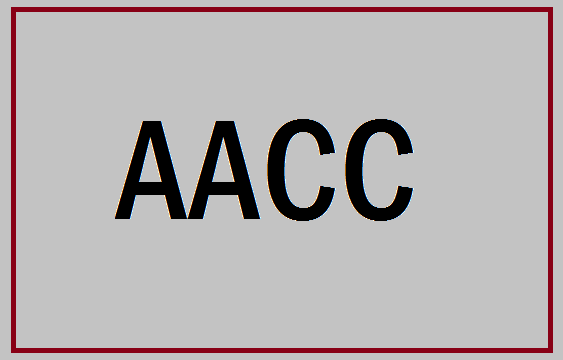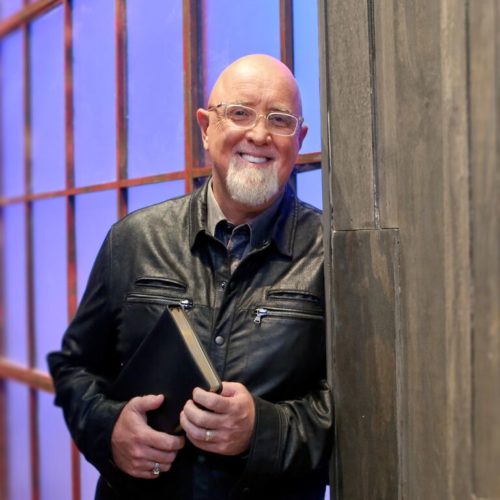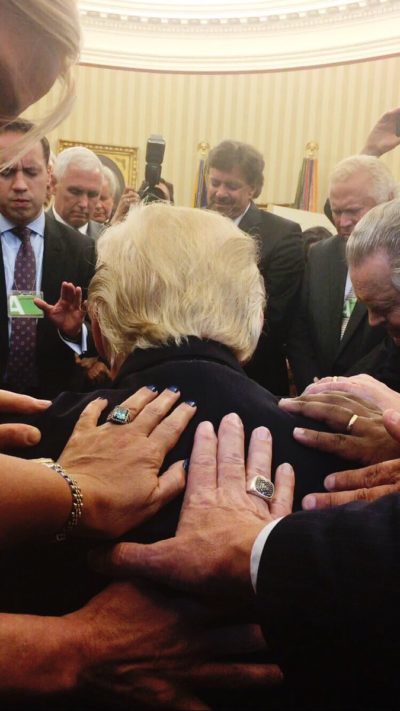Guest post by Aaron New
Tim Clinton, President of the American Association of Christian Counselors and Executive Director of the James Dobson Family Institute, faced questions of plagiarism and ghost-writing last year. Blog host Warren Throckmorton has documented many of those questions here. I have compiled a long list of my questions and concerns here. Clinton has consistently denied, through a spokesman, plagiarizing any material. On more than one occasion, Clinton has declared a “zero-tolerance policy on plagiarism.” Clinton “is just not a plagiarist” his spokesman said. That’s the “bottom line.” Instead, Clinton has blamed grad students, interns, research assistants, employees, “posting errors via some third party partners,” and even co-authors for the “mistakes” in various writings and publications. In addition, he seems to describe some “mistakes” as inevitable since at the AACC “[we] do touch a lot of content, mountains of content, in fact, between what we put online, what we distribute to members, what goes into books, and other publications.”
Not Me
So, if I understand correctly, there have been “mistakes” for which plenty of others are responsible. Clinton himself, however, is not accountable for any of them.
This is not the sort of personal responsibility Christian counselors need to model for our clients. But I digress.
In an August 2018 statement to Inside Higher Ed, Clinton’s spokesman mentioned that one book in particular was “under an immediate editorial review.” Later, I became curious about the outcome of this review, so I contacted the publisher to follow up.
The book in question is a devotional by Clinton Ignite Your Faith: Get Back in the Fight, published by Destiny Image in 2014. The parent company of Destiny Image is Nori Media Group. After several attempts, I exchanged brief correspondence with a couple of executives at Nori Media. I provided 8 different examples of potentially plagiarized material I found in the book. I highlighted each of the “Ignite” passages I found questionable and also provided what I believed were the original sources. Some were only minimally questionable, others were clearly problematic, with the most blatant example being a devotional on day 35 where large amounts of the entry appear to be a cut and paste job from a newspaper article in 1999 (see this post for extensive documentation of the cut and paste job).
One executive acknowledged my concerns and thanked me for bringing them to his attention. He promised to “review the documents you have provided for cases of possible plagiarism and take the most appropriate course of action based on our findings.” Since then, I have asked for an update several times, focusing on just 2 questions. (1) Was Nori Media previously aware of the potential plagiarism? (2) What was the result of their investigation and what actions will they take, if any?
After over a month of inquiries and a phone call from Warren Throckmorton to Nori Media yesterday, I finally received the briefest of responses from the Vice President. Jonathan Nori wrote:
It is contrary to Destiny Image policy to comment on potential issues of plagiarism or any actions taken related to such.
I’m disappointed by this response and wish there was more transparency regarding their findings and actions. As it is, the public is left to just make guesswork of it all. The book does not appear on the Destiny Image website, but a customer service representative said the website has undergone some recent changes and Ignite Your Faith has yet to be added back to the online catalog. The book is still available for purchase from Destiny Image (as are two other works by Tim Clinton).
If Tim Clinton and the AACC take plagiarism as seriously as they indicate, I would have expected Destiny Image to be aware of problem and be willing to make a statement accordingly. Without any further details from them, I cannot say with certainty they were unaware of the potential plagiarism, but I suspect that the AACC’s “immediate editorial review” did not include a notice to Destiny Image or Nori Media. Definitely of note, the book is still available to purchase on the AACC website. This is curious, given Clinton’s “zero-tolerance policy” on plagiarism.
As I have said elsewhere, I refuse to believe this is an unimportant topic. Our field deserves better than this.
Update to Aaron’s article by Warren Throckmorton (1/10/19)
As part of reviewing Aaron’s article, I contacted Nori Media Group by phone. The person who answered said Ignite Your Faith was still offered by Nori but, as Aaron noted, the website was incomplete. She then said she would pass along my questions about possible plagiarism and copying to someone in production. She told me that she or another person would call back with an answer. I didn’t get a call. I also wrote Nori and asked why other publishers commented on plagiarism when found in their books. I have not received an answer.
It is relevant to point out that Tim Clinton’s co-author/collaborator on this book commented to me about this book almost five months ago. Below that entire post from August 2018 is reproduced:
Defending himself against charges of academic misconduct last week, American Association of Christian Counselors president and Trump advisor Tim Clinton blamed a former employee for lifting material from other sources for use in articles which carried Clinton’s byline. Even though AACC’s code of ethics discourages ghostwriters, Clinton blamed an employee who functioned in that manner for material in his articles which came from other sources.
One online article by Clinton [see this article for evidence of copying in Press On from Ignite Your Faith], “Press On,” (cached)* which contained plagiarized material was first published in the book Ignite Your Faith by Clinton and Max Davis. Because I wanted to find out how the copied content got into “Press On,” I contacted Davis for comment (I also contacted Clinton with no response).
When I contacted Davis, he said he did not have any part in writing the devotional “Press On.” He added that he always checks his sources and “never once in all my years as a writer has this happened” referring to copied content ending up in one of his books.
He also wanted me to know that he was not the fired AACC employee blamed by Clinton for academic misconduct to the Christian Post.
*The same article with the title “Strive to Excel” was once posted on Dr. James Dobson’s Family Talk website. It is archived here.


